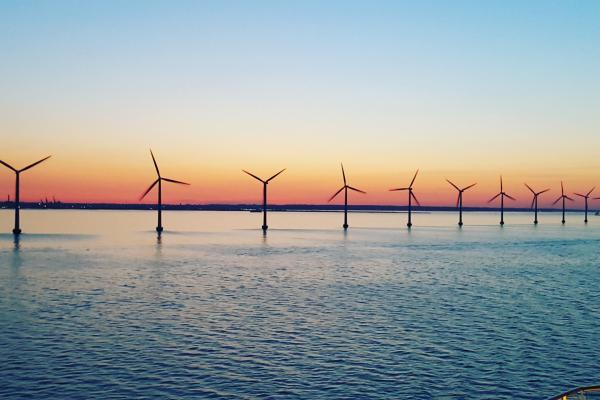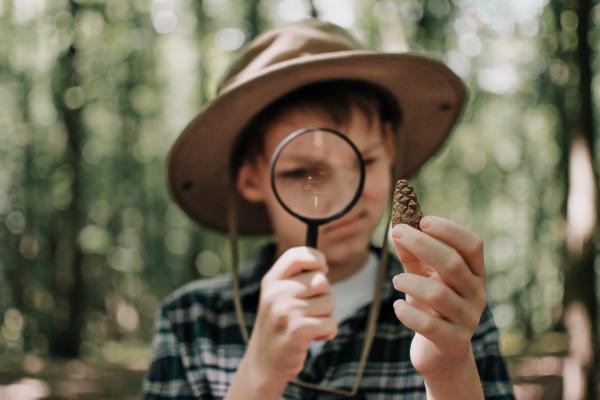In June, against a backdrop of the coronavirus pandemic, a climate emergency and an uncertain future, Horizon takes a look at anxiety. Are we becoming more anxious? What do we really know about the…
By 2050, the world's population will be an estimated 9.7bn people, up from today’s 7.7bn. To feed this growing population whilst also protecting the climate and biodiversity, our food…
With the world in the grip of the coronavirus pandemic, in April Horizon takes a step back to look at some of the challenges around sudden outbreaks of emerging diseases. We speak to virologist Prof…
Private companies are increasingly active in the space sector – from high-profile businesses such as SpaceX or Virgin Galactic to the nearly 3,000 small businesses that provide elements for the…
More than 30% of car journeys in Europe are under 3km long and could potentially be swapped for different, greener, forms of transport. In February, we look at alternative ways of getting people and…
In January, we examine how the cryosphere - ice sheets, glaciers, sea ice and other frozen parts of the planet - is changing and what this means for our planet. Earth’s cryosphere reflects the sun’s…
Seven years after scientists successfully managed to adapt a gene editing system used by bacteria into one that can be easily used in labs to edit human genes, we take a look at some of the emerging…
On December 17th, the European Space Agency’s CHEOPS telescope will blast into space to take a closer look at some of the potentially habitable planets we’ve found beyond our solar system. Ahead of…
All over the world, bacteria are becoming resistant to antibiotics, making infections more difficult – and in some cases impossible – to treat. It’s one of today’s biggest public health challenges…
The next decade sees Europe facing some urgent challenges: climate change, biodiversity loss and feeding a growing population, to name but a few. At the same time, technology is developing apace,…














